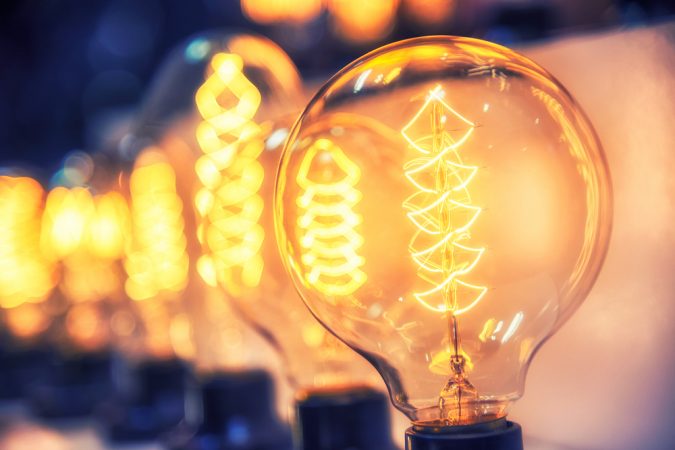
Florida Power & Light filed a proposal last Friday that would hit customers’ pockets for an additional $2.5 BILLION. The utility giant is asking for $1.545 billion in 2026 and another $927 million in 2027. But wait, there’s more! They also want to pass along costs in 2028 and 2029 for their solar and battery projects.
The Rate Impact on YOUR Bill
If you’re an FPL customer in Northwest Florida (formerly Gulf Power) using 1,000 kilowatt hours per month, prepare your wallet:
• Current bill: $143.60
• 2026 bill: $147.10
• 2027 bill: $148.29
• 2028 bill: $149.93
• 2029 bill: $151.99
Those of us in Northwest Florida (formerly Gulf Power) already pay $9.14 more than FPL’s other customers. However, by 2027, we will pay the same rate as they do.
The “Growth” Excuse
FPL claims they need the money because of “continued growth” – projecting 335,000 new customers through 2029. They say they must invest in generation, transmission, and distribution to maintain reliability.
The REAL Shocker: 11.9% Profit Margin – FPL requests an 11.9% return on equity – in corporate-speak for “profit margin.” For perspective, the News Service of Florida reports Tampa Electric was recently approved for 10.5%. Let that sink in. A government-protected monopoly wants to guarantee nearly 12% profits while forcing you to pay more.
Groups, including The CLEO Institute, immediately criticized this request, with Executive Director Yoca Arditi-Rocha telling the News Service of Florida:
“Monopoly utilities should not be making excessive profits at the expense of families and businesses struggling to make ends meet.”
- The CLEO Institute is a non-profit organization that works to build climate literacy and mobilize climate action for a just, resilient future. Learn about their programs, events, campaigns, and how to get involved in climate advocacy and policy.
Lawmakers Step In
State Sen. Don Gaetz has partnered with Sen. Jennifer Bradley on legislation (Senate Bill 354) to transform how Florida’s Public Service Commission (PSC) operates. In a recent interview, Gaetz pointed to what Florida Supreme Court Chief Justice Carlos Munoz called a “black hole” – the process for approving utility rate increases. Gaetz put it:
“If the Florida Supreme Court Chief Justice can’t understand the PSC’s decision-making process, how can average citizens be expected to comprehend why their utility bills keep rising?”
The Reform Bill Would:
1. Add Financial Expertise to the PSC by adding two new positions – a CPA and a Financial Analyst
2. Require Transparency on what’s actually driving rate increases, including executive compensation
3. Demand ROI Analysis for “resilience projects” – ensuring that not just any dollar spent on “resilience” automatically gets passed to customers
The bill acknowledges that while private businesses must compete for customers, utilities operate as government-granted monopolies. Floridians cannot simply switch providers if they’re dissatisfied.
What’s Next
The rate case will undergo months of review, with hearings and input from the Office of Public Counsel (which represents consumers) and various business and consumer groups.
- The Southern Alliance for Clean Energy has already filed to intervene, saying this process will “test the prudency of investments made by FPL” before costs get passed on to customers.
Stay tuned as we follow this developing story that will impact millions of Florida residents’ pocketbooks for years to come.



